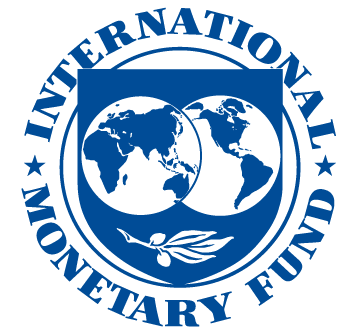IMF Concludes Staff Visit to Liberia for 2025 Article IV Consultation and Second ECF Review

Friday, June 20, 2025
An International Monetary Fund (IMF) staff team, led by Mr. Daehaeng Kim, Mission Chief for Liberia, concluded a mission to Monrovia from June 4–17, 2025. The visit was conducted to carry out the 2025 Article IV Consultation and to review progress under the Second Review of Liberia’s Extended Credit Facility (ECF) arrangement.
At the end of the mission, Mr. Kim issued the following statement:
“We had constructive and productive discussions with Liberian authorities on recent macroeconomic trends, future economic prospects, and the medium-term policy priorities under both the Article IV Consultation and the ECF-supported reform program."
“The authorities have demonstrated continued commitment to macroeconomic stability and reform. Despite subdued mining activity and fiscal tightening, Liberia made notable strides in stabilizing its economy in 2024. The government’s efforts to reduce non-essential spending and improve revenue mobilization contributed to a strong fiscal performance. The primary fiscal balance shifted from a deficit of 4.2 percent of GDP in 2023 to a surplus of 1.3 percent in 2024."
“Inflation, which spiked to 13.1 percent in February 2025—mainly due to rising domestic food prices—eased to 11.7 percent in May, reflecting improved supply and monetary management. The external sector also showed improvement, with a narrower current account deficit.”
Despite positive developments, the IMF noted that the medium-term outlook has weakened somewhat. The global economic slowdown and an unexpected halt in aid flows have weighed on projections. However, economic growth is expected to recover, bolstered by a rebound in mining, sustained agricultural development, and continued expansion in manufacturing and services. The IMF expects inflation to return to single digits over the coming year, aided by disciplined fiscal and monetary policies and easing global prices for food and crude oil. The country’s external position is also expected to strengthen further, while public debt remains on a sustainable path. Discussions under the Article IV Consultation emphasized the importance of structural reforms to address Liberia’s development challenges. Priorities include strengthening resilience to climate change, enhancing public investment efficiency, and creating an enabling environment for private sector-led growth and diversification. These reforms are essential to achieving inclusive and sustainable economic development.
“The IMF team and Liberian authorities reached broad agreement on key macroeconomic policies to support the second review under the ECF arrangement,” Mr. Kim added. “A few outstanding issues remain under discussion and will be addressed in the coming weeks through virtual engagements with the aim of reaching a final staff-level agreement.”
The IMF team expressed appreciation for the warm hospitality and openness of the Liberian authorities and stakeholders throughout the mission. During the visit, IMF staff held meetings with members of the national legislature, Minister of Finance and Development Planning Mr. Augustine K. Ngafuan, Executive Governor of the Central Bank of Liberia Mr. Henry F. Saamoi, senior government officials, development partners, representatives from the private sector, and civil society organizations.


